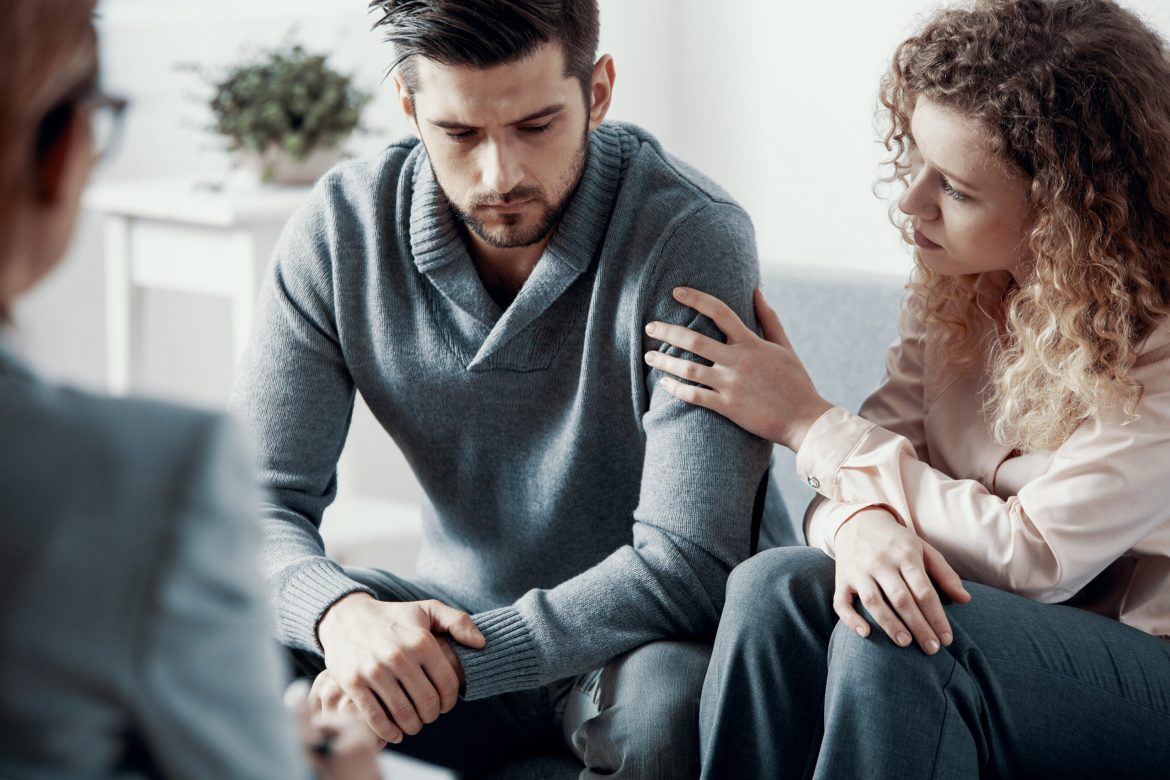
Marriage/Couples Counselling
Couples come to counselling with a variety of issues they would like to address:
• Communication
• Conflict resolution
• Addiction
• Depression and/or anxiety
• Infidelity
• Relationship with in-laws
• Compulsive internet use
• Distance in the relationship
• Religious differences
• Growing apart
Face-to-face marriage and couple counselling sessions are scheduled on a weekly to bi-weekly schedule. The first treatment goal is restoring the marriage or couple friendship. If there has been years of distance and isolation it can cause a struggle with trusting each other. When open hostility and anger is a major problem, learning to recognize and manage intense emotion is a priority treatment issue. This hostility that cause a couple to say hurtful words can sabotage all efforts to change your relationship. You will learn how to calm yourself and your partner before your emotions hijack you and ruin any chance of a productive discussion. There are times that you may be tempted to stop attending treatment as soon as things get a bit better. However, it is important you continue to come until assessed by your therapist, which will ensure you will have a long lasting relationship. It is important to learn how to manage overwhelming emotions, and learn to negotiate your way through situations so conflict does not end in anger or isolation.
If there has been a recent affair, the first sessions will exclusively focus on feelings of betrayal, ambivalence, curiosity and anger about the affair partner, as well as the conflicting and rapidly changing emotions you have about yourself and your partner.
The Benefits of Marriage/Couples Counselling
Research has demonstrated that most couples come to couples counseling seven or more years after first becoming aware of problems. By then partners desperately want a quick fix. However, couples counselling requires intense work. Improvement takes time. It is important to:
• attend regular therapy sessions
• think of the money you spend on therapy as an investment in the future of your relationship (counselling fees are less than legal fees).
• dedicate time between sessions to practice the skills you learn in therapy (regular practice may mean you’ll achieve your goals with fewer therapy sessions)
• commit to learning new habits
• nurture the desire for a healthy and intimate marriage
Your patience will pay off, and you will regain a lifelong friendship with the person you desire to love.
Your loneliness can be transformed into companionship.
A betrayal can be rekindled into trust
Hostility can change into kindness and respect.
We utilize both Gottman Method Therapy and Emotionally-Focused Therapy to support our couples.
Preventing Relapse
No marriage or couples therapist can guarantee that a successful course of marriage therapy will mean you and your partner will never again have relationship problems. However, at the onset of counselling, the therapist will help the two of you develop interaction patterns that are done in a constructive manner. At the conclusion of counselling, you will spend some time developing traditions, rituals for fun and relaxation strategies that will help with stress management.
